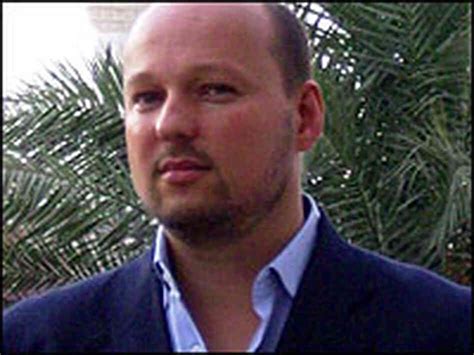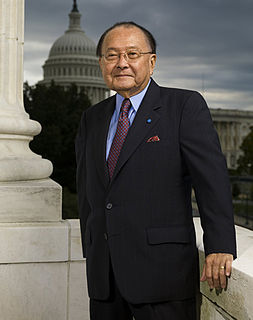A Quote by Tariq Ramadan
The question about the Salafi is an important question as I say in Arab Awakening, and have often repeated since. I am really underlining the importance of this, because we really don't have very good memories. Remember - the Taliban in Afghanistan were not at all politicised in the beginning. They were just on about education. And then they were pushed by the Saudi and the Americans to be against the Russian colonisation, and as a result they came to be politicised.
Related Quotes
I remember sitting in this pool hall with Stone and Chris and we watched - this really old, really classic pool hall - and we were sitting there and it was really rainy out and George Bush came on and started telling us about the [Gulf] war and that we were going and, and the whole thing, and there's part of that in it, when we talk about "I don't question our exsistence / I just question, our modern needs.
I'm the blackest member of my family. You know, these mixed families produce children of all colors, and in Jamaica, the question of exactly what shade you were, in colonial Jamaica, that was the most important question. Because you could read off class and education and status from that. I was aware and conscious of that from the very beginning.
Salafi is a very broad concept in Islam. What we have now is, like, for example, the Nour Party in Egypt or the Salafi in Tunisia are people who, in fact, we call very often Wahhabi, following the Saudi school of thought and law. And they are literalists in the way where it's black and white, there's a very narrow interpretation of the scriptural sources. For decades, we knew that they were there, but they were not involved in politics. What is completely new for all of us over the last years is that they are now within the political arena and playing the democratic game.
What is common among all of these groups [Taliban, Islamic State etc.] is the intent to destroy. The majority of terrorists who come to Afghanistan are from China, Russia, Uzbekistan, Kazakhstan, Saudi Arabia, Pakistan or North Africa. They were expelled from their countries and pushed to ours - this is their battlefield - and all of them, be it the Taliban or others, are interlinked with the criminal economy.
I think no country is going to be immune from the Arab awakening because the Arab awakening is driven by deep human longing for dignity, for justice and for freedom. I think that applies to young people in Saudi Arabia as much as to young people in Egypt, Tunisia, or Yemen, or Libya, or Syria. If I were in Saudi Arabia, I would be getting ahead of this and looking for ways to appreciate those aspirations and align my country with them.
I remember when President Bush, George W. Bush, came into office, he focused on No Child Left Behind, and with - and before very long, suddenly, Republicans were thought of as being as interested and as competent in education as Democrats, and why? Because they were talking about it and doing something about it.
What everyone underestimated was the acute unpopularity of the Taliban, even in the Pashtun areas. People like myself were saying the Taliban would be driven out very swiftly from the north of Afghanistan, but given that their main support base was in the Pashtun belt, there would be greater resistance there. That didn't happen. The Taliban had become deeply unpopular and were actually discarded by the Pashtun population almost as quickly as they were in the north. I don't see the Taliban coming back in any way.
I think what I've tried to do is make the world a better place. I think that's what's really important. Nobody remembers who sold the most togas in Rome. In terms of legacy, people remember the great villains more than they remember the great heroes. So I think how you feel about yourself is the most significant question. What do you say about yourself when you put your head on the pillow? Are you really proud of what you're doing and the way you're doing it? I think it's really a fundamental question.
There was a time when the women of Afghanistan - at least in Kabul - were out there. They were allowed to study, they were doctors and surgeons, walking free, wearing what they wanted. That was when it was under Soviet occupation. Then the United States starts funding the mujahideen. Reagan called them Afghanistan's "founding fathers." It reincarnates the idea of "jehad," virtually creates the Taliban.
In 2001, we were told that the war in Afghanistan was a feminist mission. The marines were liberating Afghan women from the Taliban. Can you really bomb feminism into a country? And now, after 25 years of brutal war - 10 years against the Soviet occupation, 15 years of US occupation - the Taliban is riding back to Kabul and will soon be back to doing business with the United States.




































